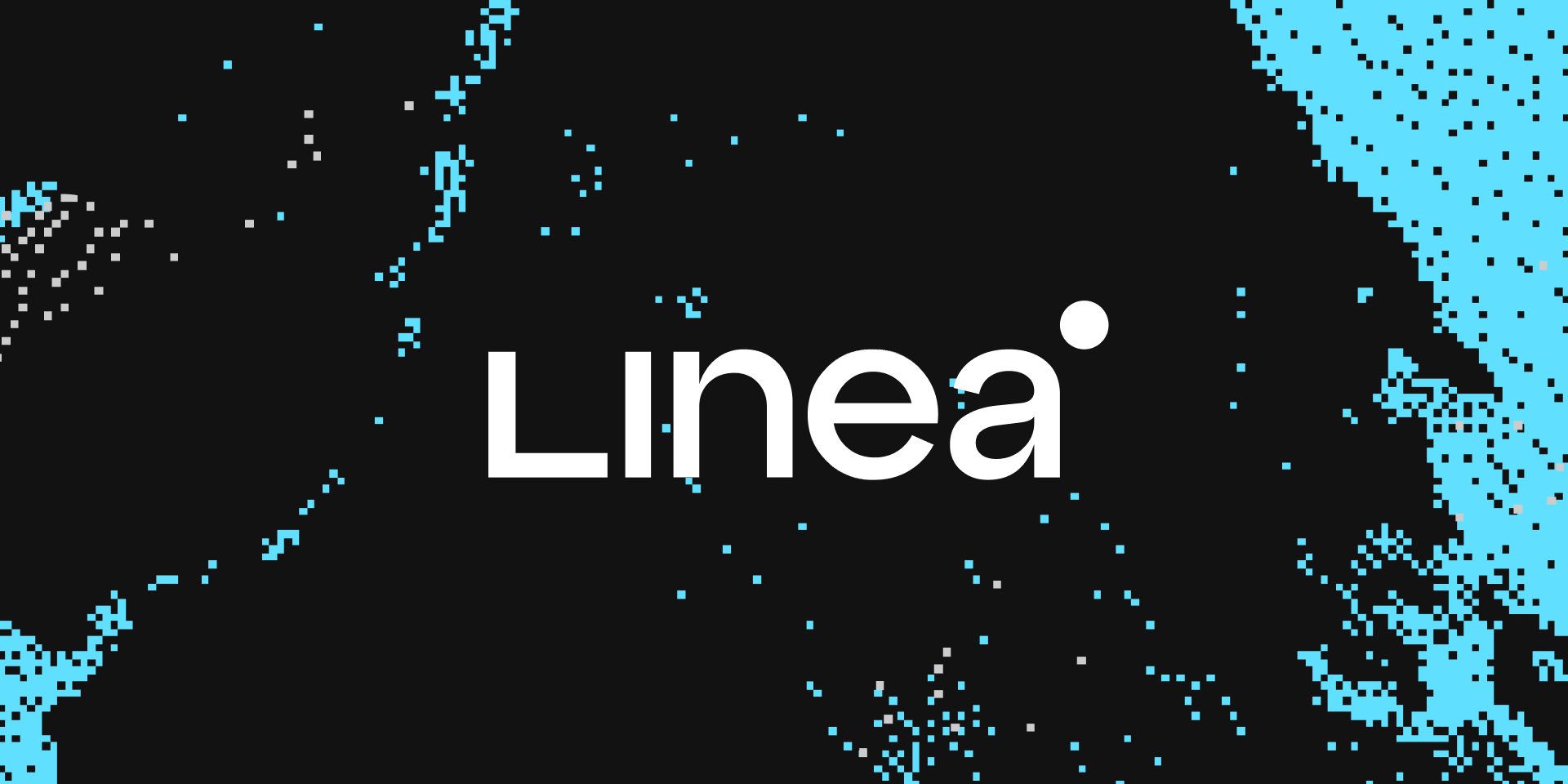Business
Linea blockchain halt highlights slow decentralization of Ethereum L2s
A recent hack on the Linea network has spotlighted the critical need for enhanced decentralization on Ethereum Layer 2 solutions. The incident, which resulted in significant security breaches, has raised concerns among the crypto community about the vulnerability of centralized systems and the pressing necessity for more robust decentralized infrastructure.
-

 Business6 days ago
Business6 days agoGemini to open Miami office after judge stays SEC case
-

 Business6 days ago
Business6 days agoUS lawmakers advance anti-CBDC bill
-

 Business1 week ago
Business1 week agoCircle files for Initial Public Offering planned for April
-

 Business3 days ago
Business3 days agoHong Kong introduces crypto staking rules, reaffirms Web3 commitment
-

 Business1 week ago
Business1 week agoCrypto donations top $1B in 2024, gain traction after Myanmar, Thailand quake
-

 Business6 days ago
Business6 days agoCoinbase Institutional files for XRP futures trading with CFTC
-

 Business1 day ago
Business1 day agoHackers hide crypto address-swapping malware in Microsoft Office add-in bundles
-

 Business1 week ago
Business1 week agoSEC and Gemini ask to pause lawsuit to explore ‘potential resolution’




























